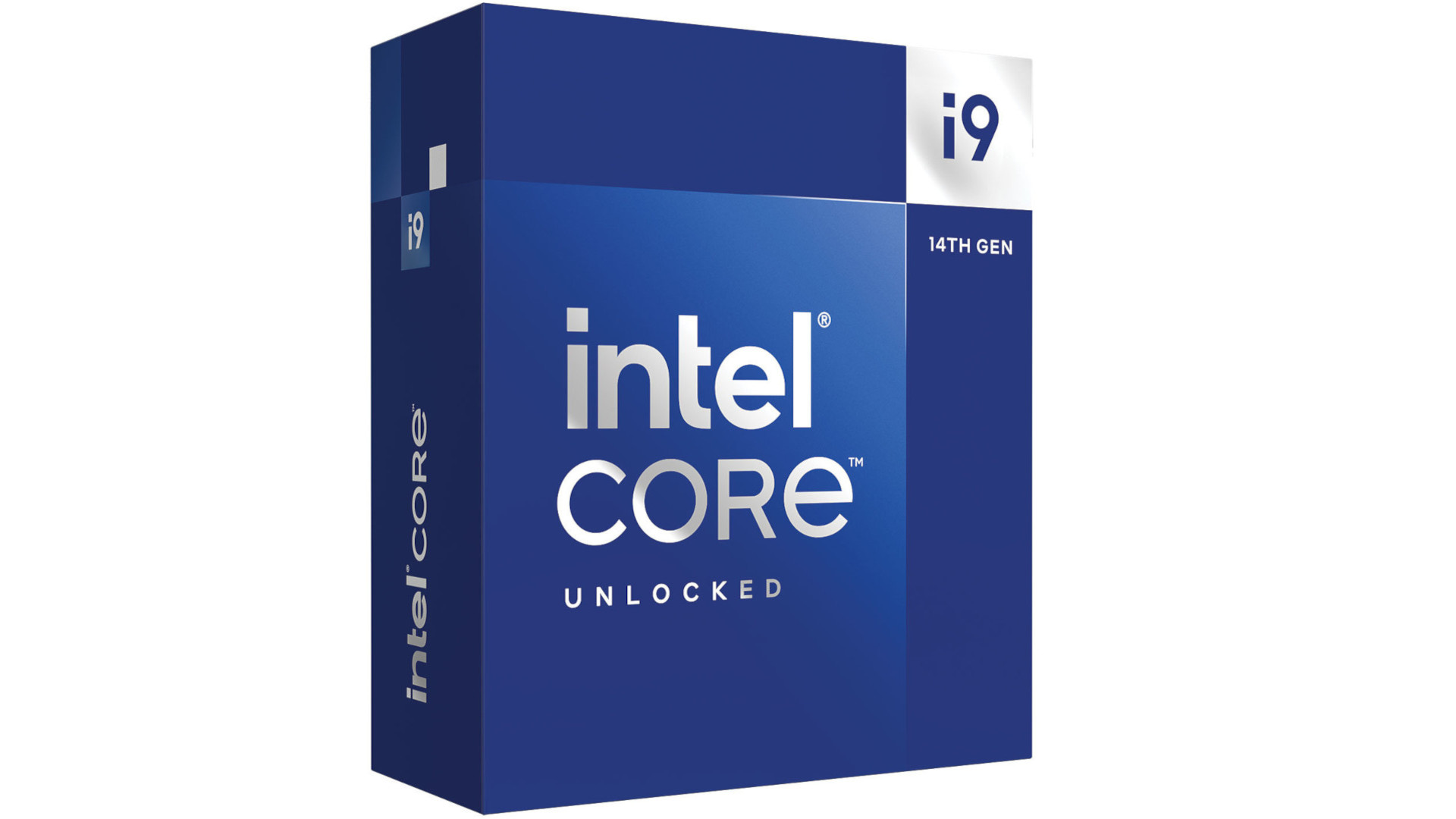First appearing on the PassMark website, the Intel Core i9-14900KF quickly took the top spot for CPU performance in single-thread testing. In terms of overall desktop CPU performance, the AMD Ryzen 9 7950X and the Ryzen 9 7950X3D were not quite able to be overtaken by the Raptor-Lake S Refresh i9-14900KF.
The newest flagship CPU in Intel’s portfolio, the Intel Core i9 14900KF, promises unmatched performance for power users and enthusiasts. This CPU attempts to establish a new benchmark for high-end computing through advances in technology and architecture. We’ll examine its features, overclocking potential, performance benchmarks, and overall value proposition in this study.
Intel Core i9 14900KF Specifications
The Intel Core i9 14900KF is expected to be released on October 17th of next month as part of Intel’s forthcoming Raptor Lake Refresh CPU portfolio. With slightly faster core frequencies and additional E-cores on one of the i7 versions, the new chips are essentially an upgrade over Intel’s 13th Gen Raptor Lake CPU architecture, as their name suggests. Additionally, it is said that Raptor Lake Refresh chip prices are 15% higher than those of Raptor Lake chips.
Since Intel isn’t releasing any new silicon with this series, the Raptor Lake silicon, which is based on the Intel 7 process, is still available. This monolithic device has 16 E-cores (efficiency cores) and 8 P-cores (performance cores). It also has 36 MB of shared L3 cache, 2 MB of L2 cache per P-core, and 4 MB of L2 cache per E-core cluster of 4 cores. Increased clock speeds are a feature of the new Intel Core i9 14900KF over the i9-13900K.
The P-cores’ base frequency of 3.20 GHz and maximum boost frequency of 6.00 GHz are comparable to those of the $100 more expensive Limited Edition Core i9-13900KS. With a 2.40 GHz base and a 4.40 GHz maximum turbo, the E-cores also see frequency increases. These two represent a 200 MHz boost above the i9-13900K’s clock rates.
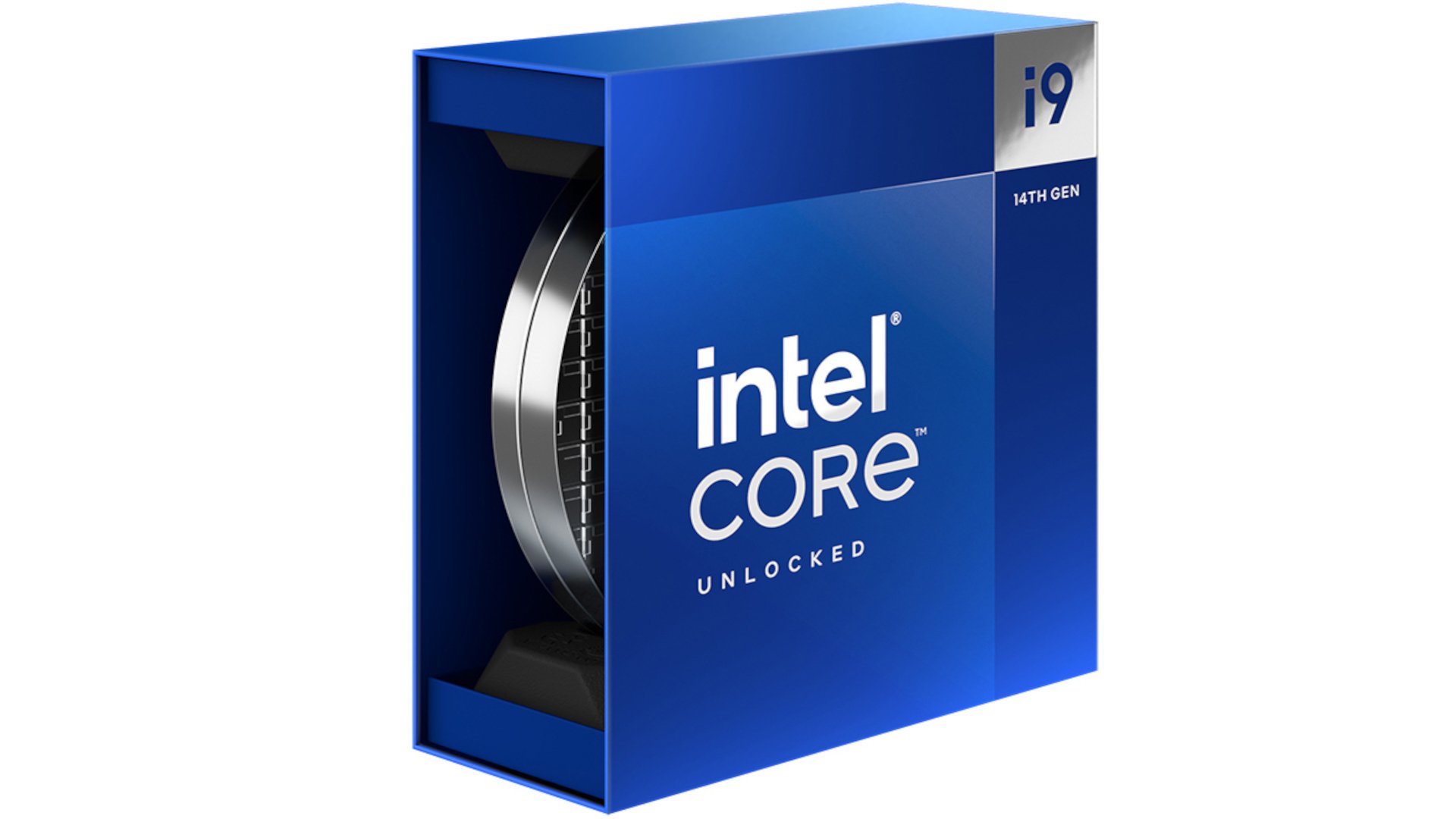
The new “Raptor Lake Refresh” monolithic processor technology is the brains behind the 14th-generation Core processors that are being released this week. Physically, this silicon is identical to the “Raptor Lake” silicon that powers the 13th generation Core processors.
The new 14th Gen Core series is based on a generational boost in CPU core clock speeds for both P- and E-cores, the addition of four extra E-cores to the Core i7 SKUs to improve multi-threaded performance against competitors in the segment, and the introduction of new Intel Application Optimization technology, which we’ll discuss in more detail later.
The Thermal Velocity Boost function, exclusive to the i9-14900K/KF, rewards optimal CPU cooling with the highest boost frequencies of 6.00 GHz. Apart from increasing the CPU clock speed, Intel claims to have modified the memory controllers to facilitate even greater DDR5 memory rates, especially with the use of 12 GB and 24 GB DIMMs.
Almost all motherboard vendors for the LGA1700 platform have released new motherboard models based on the 700-series chipset, which come with out-of-the-box support for these processors and a few new platform features like Wi-Fi 7.
This is despite the fact that the company did not introduce a new chipset with these processors. These processors are compatible with all currently manufactured motherboards with chipsets from the 700 and 600 series; some may require UEFI firmware updates from motherboard manufacturers.
With the 14th generation Core family, Intel did not release a new chipset; instead, motherboards with chipsets from the 600 and 700 series can support these processors, albeit UEFI firmware updates may be necessary. It is reasonable to assume that the most recent batches of their previous motherboard models will have this support as well. Almost all motherboard vendors have new motherboard models that support the new chips right out of the box.
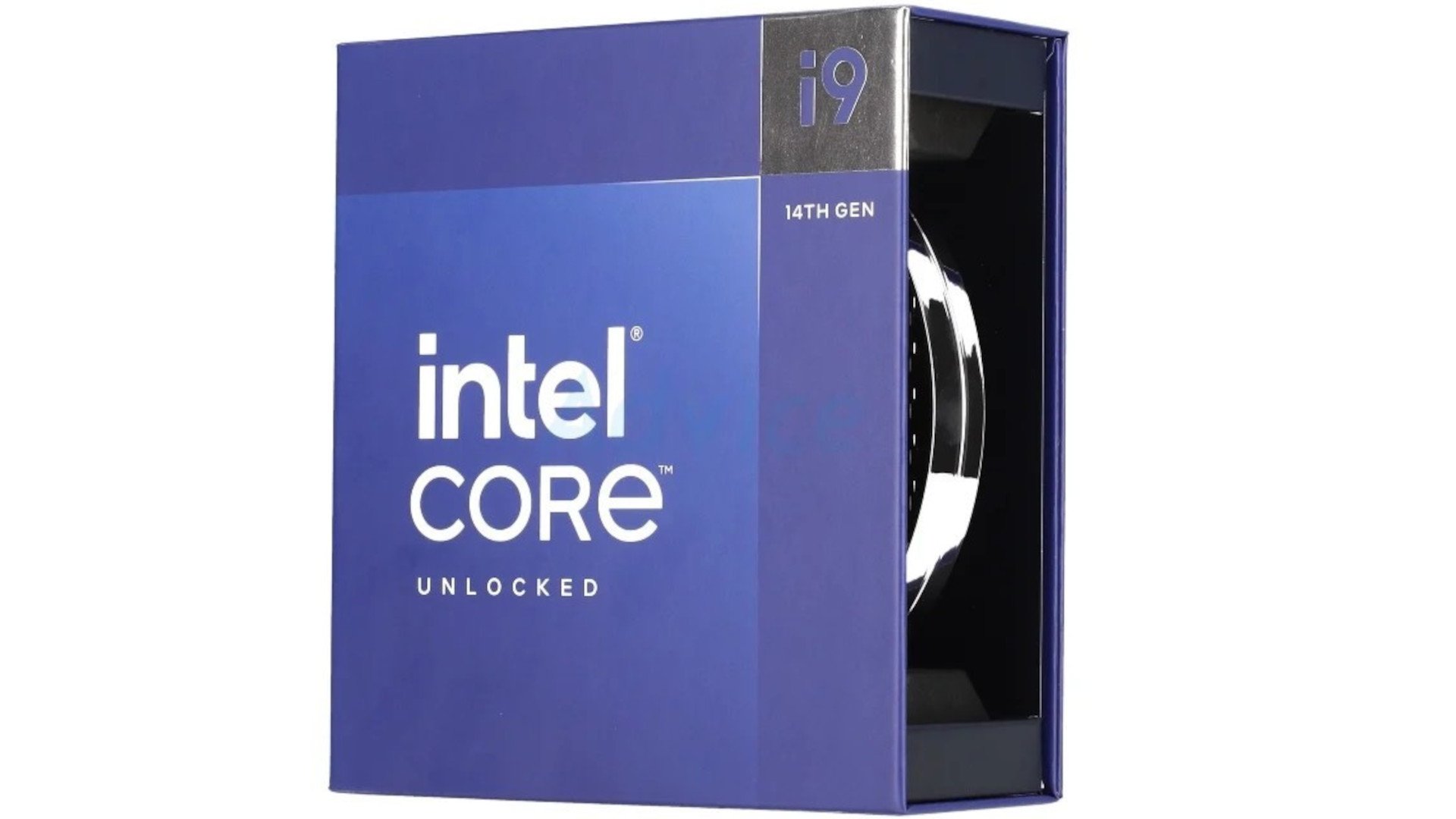
Intel Core i9 14900KF Essential Information
| Product Collection | Intel® Core™ i9 Processors (14th gen) |
| Code Name | Products formerly RAPTOR LAKE |
| Vertical Segment | Desktop |
| Processor Number | i9-14900KF |
| Lithography | Intel 7 |
| Recommended Customer Price | $564.00-$574.00 |
| Use Conditions | PC/Client/Tablet |
Intel Core i9 14900KF CPU Information
| Total Cores | 24 |
| # of Performance-cores | 8 |
| # of Efficient-cores | 16 |
| Total Threads | 32 |
| Max Turbo Frequency | 6 GHz |
| Intel® Thermal Velocity Boost Frequency | 6 GHz |
| Intel® Turbo Boost Max Technology 3.0 Frequency | 5.8 GHz |
| Performance-core Max Turbo Frequency | 5.6 GHz |
| Efficient-core Max Turbo Frequency | 4.4 GHz |
| Performance-core Base Frequency | 3.2 GHz |
| Efficient-core Base Frequency | 2.4 GHz |
| Cache | 36 MB Intel® Smart Cache |
| Total L2 Cache | 32 MB |
| Processor Base Power | 125W |
| Maximum Turbo Power | 253 W |
Intel Core i9 14900KF Performance
The Intel Core i9 14900KF was ranked first in recent data from PassMark, a website that benchmarks desktop, mobile, and data center CPUs. With a score of 4,939 points, it outperformed the previous leaders, the i9-13900KS and i9-13900K. It is important to note that DDR5-5600 memory was used to maximize the performance of the Intel Core i9 14900KF, even though the i9-13900KS is clocked at 6.0 GHz as well.
The difference in multi-core performance between the Intel Core i9 14900KF and 13900K is negligible, with a variance of only 0.6%. However, the 14900KF is not as good as the 13900KS when compared. AMD’s Ryzen 9 series leads in multi-core performance, although Intel’s Core i9 CPUs are strong competitors in the single-core CPU Mark rankings.
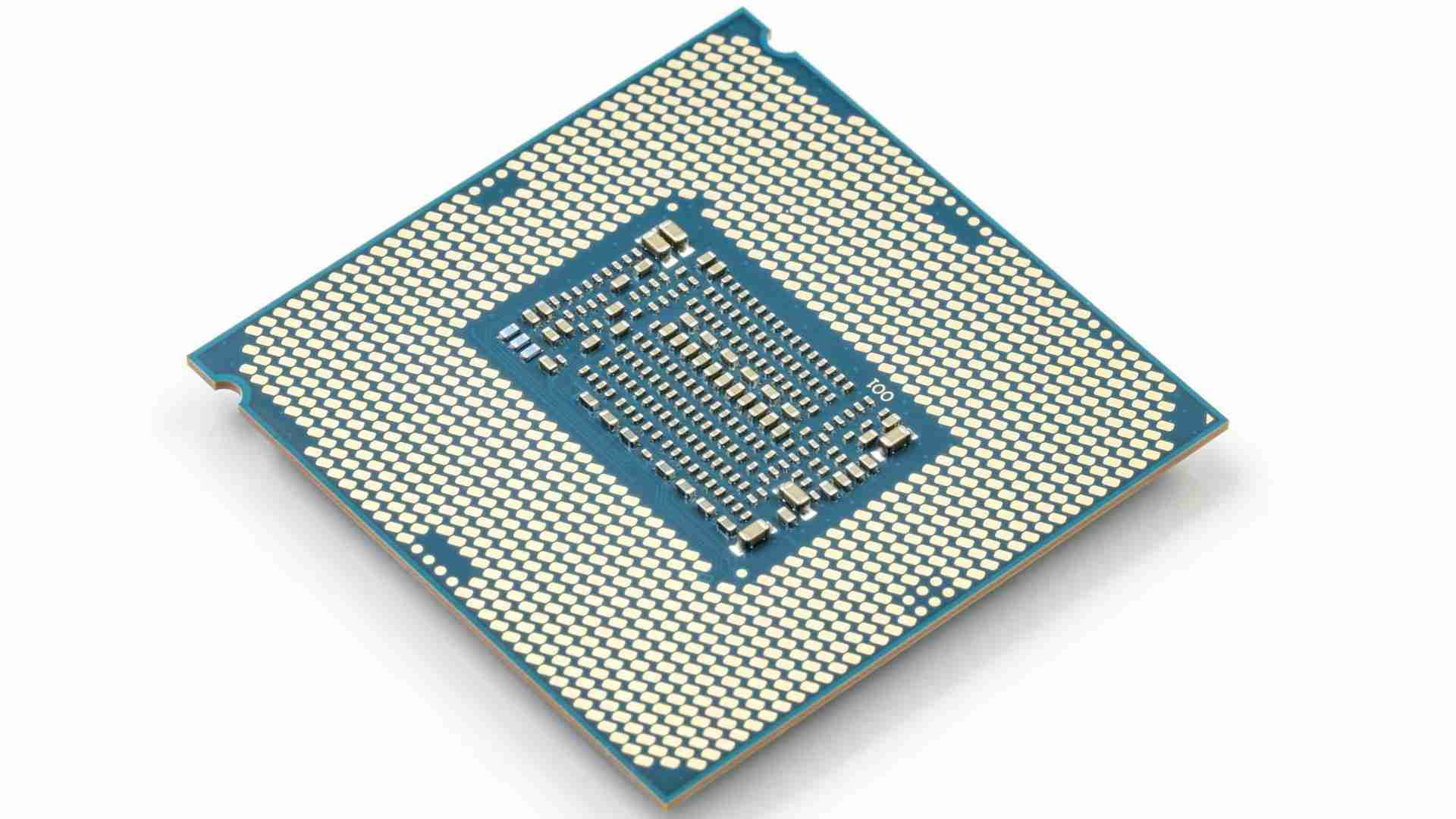
The LGA-1700 platform reaches its zenith with Intel’s 14th Gen Core family. Intel will be preparing to switch to the LGA-1851 socket in the upcoming year.
The Intel Core i9 14900KF achieved an astounding 4,939 points in the PassMark single-thread performance test, surpassing the scores of the Core i9-13900KS (4,769 points) and Core i9-13900K (4,666 points)—both of which were from the 13th generation.
This impressive result was attained by the i9-14900KF when DDR5-5600 memory was used. When it comes to multi-threaded performance, though, there isn’t much of a difference between the Intel Core i9 14900KF and the 13900K—the former leads by just 0.6%.
Intel Core i9 14900KF Conclusion
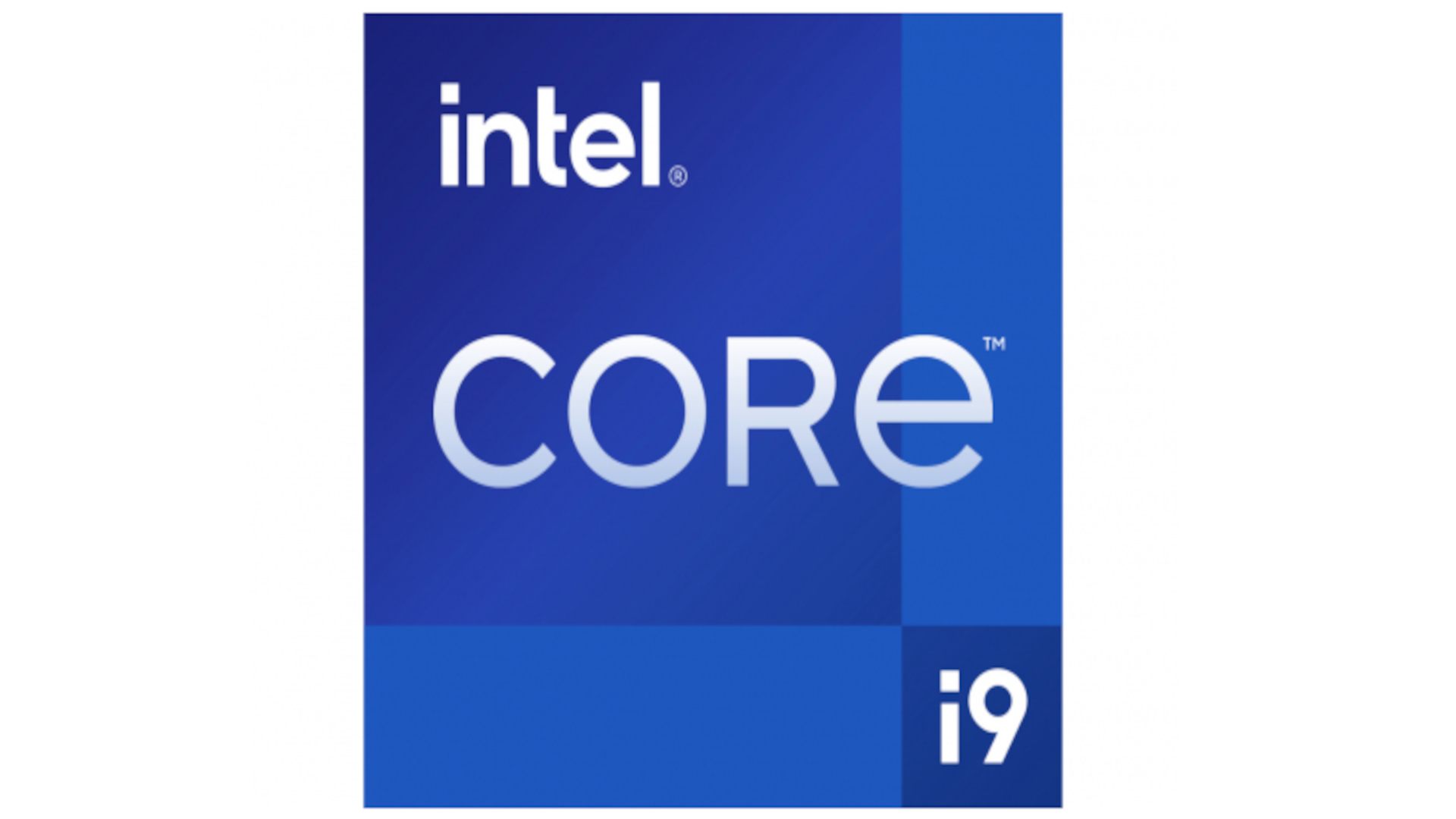
This year, unless you truly want the finest creator performance available and don’t care about your energy costs or the amount of heat it creates, it’s difficult to recommend the Intel Core i9 14900KF. Simply put, AMD’s 7800X3D is a superior option for gaming, especially since it can be easily found for less than $400 as opposed to the $589 (and probably higher) price of the Intel Core i9 14900KF.
Intel Core i9 14900KF
-
Performance - 95%95%
-
Price - 95%95%
-
Value - 95%95%

